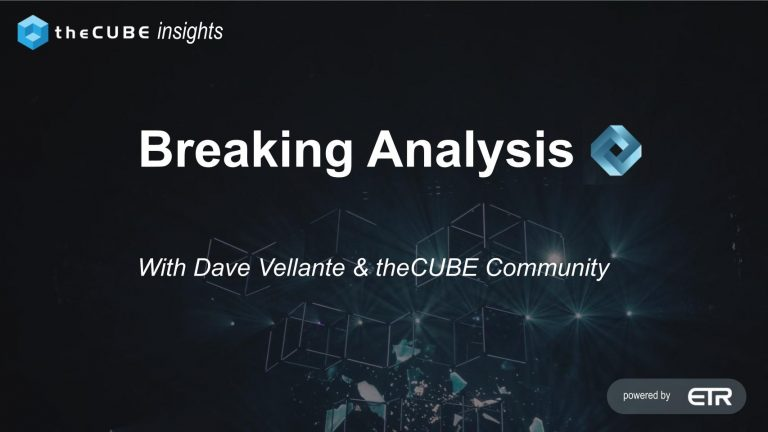Prime Intellect has released INTELLECT-2, a 32 billion parameter language model trained using fully asynchronous reinforcement learning across a decentralized network of compute contributors. Unlike traditional centralized model training, INTELLECT-2 is developed on a permissionless infrastructure where rollout generation, policy updates, and training are distributed and loosely coupled.
The system is built around PRIME-RL, a new training framework designed for asynchronous RL in untrusted environments. It separates the tasks of generating rollouts, updating models, and broadcasting weights. Policy updates are handled by SHARDCAST, a component that distributes model weights using a tree-based HTTP network. Inference rollouts submitted by workers are verified through TOPLOC, a locality-sensitive hashing mechanism that detects tampering or numerical discrepancies before allowing the results to influence training.
Source: https://arxiv.org/html/2505.07291v1
INTELLECT-2 was trained on 285,000 math and coding tasks sourced from datasets such as NuminaMath-1.5 or SYNTHETIC-1. The reward signal combines binary task success with token-length penalties or bonuses, allowing fine-grained control over inference-time compute budgets. Training stability was supported by techniques such as two-sided GRPO clipping, gradient norm management, and both offline and online filtering of high-value tasks.
The asynchronous training process overlaps inference, communication, and model updates, avoiding typical bottlenecks found in centralized RL systems. A Rust-based orchestrator running on a testnet coordinates the global pool of contributors, handling hardware checks, heartbeats, task assignments, and contribution tracking—operating similarly to peer-to-peer or blockchain-based systems.
Performance evaluations showed improvements on targeted math and programming tasks, particularly over QwQ-32B, a previous RL-trained model. Broader benchmark improvements were more modest, suggesting gains were mostly confined to training data domains. Prime Intellect noted that improvements might be more significant using stronger base models, such as Qwen3, or by integrating more complex environments and reasoning tools.
One Reddit user remarked on the broader implications:
Distributed training and distributed inference seem like the way to go. Maybe something similar to P2P or blockchain with some kind of rewards for computational contributions/transactions. Not necessarily yet another cryptocurrency, but maybe credits that can be used for free computing on the network.
Future work includes increasing the inference-to-training compute ratio, enabling multi-turn reasoning with integrated tools like web search or Python, crowdsourcing RL tasks, and experimenting with decentralized model merging methods such as DiLoCo.
The model, code, training framework, and documentation are publicly available on the Prime Intellect website. Additional tools and interfaces, including a Hugging Face release and a chat demo, are also publicly accessible.









